Depression doesn’t just make you feel low-it makes it harder to take your pills
Imagine you’re on a daily medication for high blood pressure, diabetes, or even a heart condition. You know it’s important. You’ve been told it could save your life. But some days, getting out of bed feels impossible. Forgetting your pill bottle isn’t laziness-it’s depression. And it’s one of the most common, overlooked reasons people stop taking their meds.
Studies show that people with depression are up to 2.3 times more likely to miss doses than those without it. This isn’t just about forgetting. It’s about energy, motivation, memory, and how your brain processes pain and side effects. When depression creeps in, even simple routines like taking pills become overwhelming. And doctors often miss it because patients don’t talk about it. They say, “I just forgot,” when what they really mean is, “I couldn’t bring myself to care.”
How depression quietly sabotages your medication routine
Depression doesn’t just affect mood. It attacks the parts of your brain responsible for planning, remembering, and following through. Think of it like a software glitch in your decision-making system. The same person who once remembered to take their pills every morning might suddenly start skipping them-not because they’re rebellious, but because their brain can’t hold the thought long enough to act on it.
Research from the University of Cambridge found that people with depression were 30% less likely to stick to their medication schedule. The numbers don’t lie: in one study of 83 patients, only 6% achieved full adherence. Nearly 40% were completely non-adherent. And here’s the kicker-many of them didn’t even realize they were skipping doses. Depression blunts self-awareness. You don’t think, “I’m not taking my meds.” You think, “I’ll do it later,” and later never comes.
It’s not just forgetfulness. Depression makes side effects feel worse. A dry mouth, drowsiness, or weight gain might be minor for someone feeling fine-but for someone with depression, those same symptoms feel unbearable. One study showed that depressed patients were more likely to stop their antidepressants because they felt the side effects were too much, even when the drugs were working. Their brain was amplifying discomfort while dimming the hope of improvement.
What to look for: Signs your meds aren’t being taken
How do you know if depression is messing with someone’s adherence? It’s not always obvious. But there are patterns.
- Missing doses for several days in a row, especially early in treatment
- Saying “I forgot” too often-but never missing other daily tasks like eating or showering
- Complaining about side effects that others don’t find troubling
- Stopping meds suddenly after a bad mood episode
- Avoiding doctor visits or pharmacy refills
One telltale sign: if someone misses more than 20% of their doses in the first two weeks of starting a new medication, they’re nearly five times more likely to fail treatment entirely. That’s not coincidence. That’s depression in action.
Cardiac patients are especially at risk. A major review found that depressed heart failure patients were far less likely to take ACE inhibitors, beta-blockers, or mineralocorticoid antagonists. And those missed doses? They directly increased hospital readmissions and death risk. This isn’t theoretical-it’s life or death.
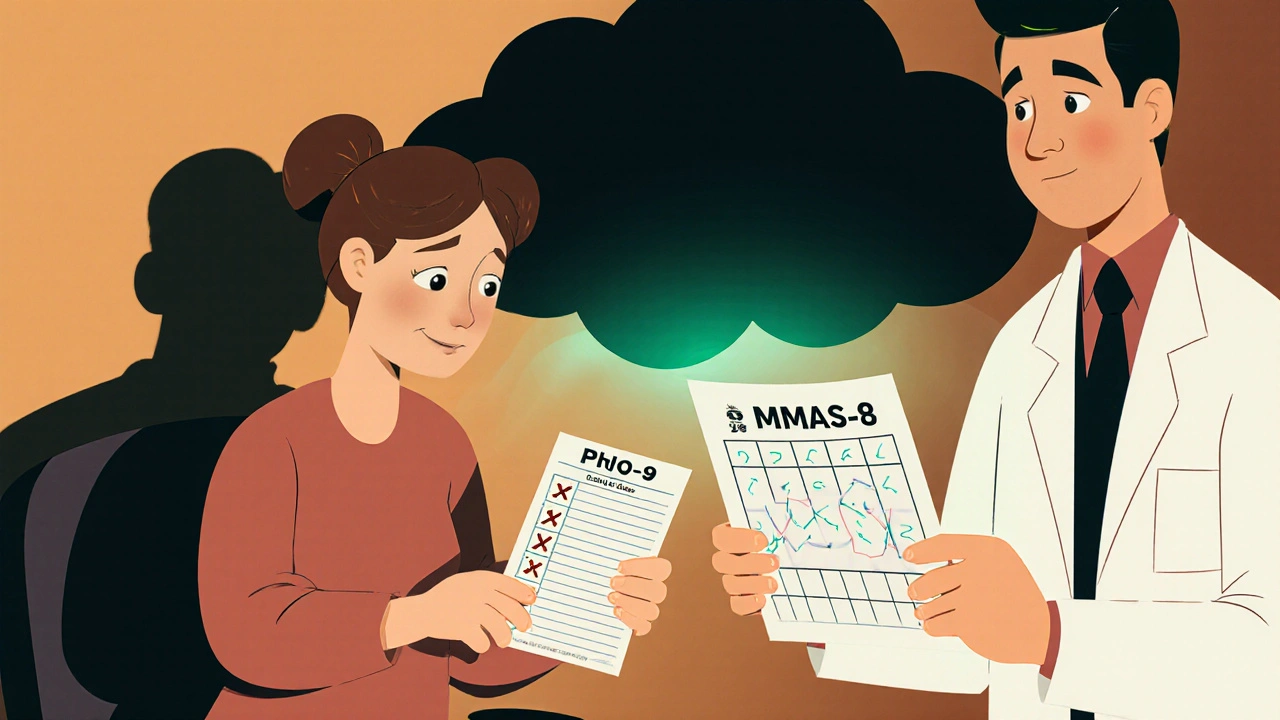
Tools doctors use to spot the problem
There are two simple, proven tools that help clinicians catch depression-related non-adherence before it’s too late.
The first is the PHQ-9. It’s a nine-question depression screen. If someone scores 10 or higher, they likely have moderate to severe depression-and that’s a red flag for adherence issues. The second is the MMAS-8, an eight-question scale that measures how often people miss doses. A score below 6 means they’re non-adherent. Below 8 means they’re only partially sticking to their plan.
Here’s what works in real clinics: when doctors combine both tools, they’re 37% better at predicting who will struggle with meds. That’s huge. A patient scoring 12 on the PHQ-9 and 5 on the MMAS-8 isn’t just “a little down.” They’re in crisis mode. Their brain is too tired to manage their health.
Some clinics now use daily mood and medication logs. Patients write down how they feel and whether they took their pills. Over time, patterns emerge: “I skipped my pill every time I felt numb for two days.” That’s not random. That’s depression calling the shots.
Why “just remember” doesn’t work
Too often, patients are told to “set an alarm” or “use a pill box.” Those are good tools-but they assume the person has the mental energy to use them. Depression steals that energy. A pill box won’t help if you can’t bring yourself to open it. An alarm won’t matter if you don’t care whether you take the pill.
What works better? Simple, low-effort support.
- Switching to once-daily meds when possible
- Using blister packs with pre-filled doses
- Having a family member or caregiver check in once a day
- Starting with a small dose and slowly increasing to reduce side effects
One study in Spain found that patients who mapped their side effects and mood daily were more likely to stick with treatment. Why? Because they saw the connection: “I felt worse on day 3, but my mood improved by day 10.” That insight gave them back control.
And when doctors ask, “Are you taking your meds?”-they need to ask it differently. Not, “Do you take them?” but, “How hard is it to take them?” That opens the door to honesty.
What happens when you don’t fix this
Ignoring depression’s role in medication adherence has real consequences. In heart disease, it means more hospital stays. In diabetes, it means worse blood sugar control. In mental health, it means depression gets worse because the meds aren’t working-and that makes adherence even harder.
The cycle is vicious: depression → missed doses → symptoms return → more depression → more missed doses.
And it’s not just physical health. People who stop their meds because of depression are more likely to feel guilty, ashamed, or like a failure. That shame makes them avoid doctors. They stop going to appointments. They stop asking for help. And the cycle tightens.
The good news? Fixing this isn’t complicated. It doesn’t require fancy tech or expensive drugs. It starts with asking the right questions-and believing the answers.
What you can do right now
If you’re on medication and feeling down:
- Track your mood and doses for one week. Use a notebook or phone app.
- Write down when you skip a pill and what you were feeling that day.
- Bring that list to your doctor. Don’t wait for them to ask.
- Ask: “Could my depression be making it harder to take my meds?”
- Request the PHQ-9 and MMAS-8 screenings. They’re quick and free.
If you’re caring for someone with depression:
- Don’t assume they’re being lazy. Assume they’re exhausted.
- Help them set up a simple system: pill box, alarm, reminder note.
- Ask, “How’s taking your meds been this week?”-not, “Did you take them?”
- Offer to go with them to the pharmacy or doctor. Just showing up with them helps.
Depression doesn’t care about your treatment plan. But you can still care about it-and that matters.
What’s next for treatment and tracking
Researchers are now testing apps that track mood and medication intake together. Early results show they can predict missed doses 72 hours before they happen-with 82% accuracy. That’s not science fiction. It’s happening now.
Neuroimaging studies are even identifying brain patterns linked to both depression and non-adherence. In the future, doctors might use brain scans to spot who’s at highest risk. But for now, the tools we have are enough. You don’t need a scan. You just need to pay attention.
The World Health Organization has made improving medication adherence in depression a global priority. They’re funding programs to help clinics in low-income areas use simple, low-cost methods to catch this early. That means change is coming-and it’s not just for rich countries.
Can depression make you stop taking meds even if they’re working?
Yes. Depression can make side effects feel worse and reduce your sense of hope, so even effective medications seem pointless. Studies show patients often stop antidepressants because they feel worse before they feel better-not because the drug isn’t working, but because depression makes patience impossible.
Is forgetting pills just a sign of being busy, or could it be depression?
If you’re forgetting meds consistently but still managing other daily tasks like eating, showering, or work, it’s likely not just being busy. Depression often targets self-care routines first. Missing pills while keeping other habits intact is a classic red flag.
What’s the best way to talk to my doctor about this?
Say: “I’ve been feeling low lately, and I’m worried I’m not taking my meds like I should.” Bring a log of missed doses and how you’ve been feeling. Doctors are trained to use PHQ-9 and MMAS-8 tools-they’ll know what to do next.
Are there medications that are harder to stick to if you have depression?
Any medication with side effects can be harder to tolerate. But antidepressants themselves are often stopped because of side effects like drowsiness, weight gain, or sexual issues. Patients with depression are more sensitive to these effects. Switching to a different drug or lowering the dose can help.
Can using a pill organizer fix this problem?
It helps-but only if you’re able to use it. Depression steals motivation, so a pill box won’t fix the root issue. Combine it with emotional support, simpler regimens, and checking in with someone. Tools need human backup to work.
How common is this problem?
Very. Up to 40% of people with depression are non-adherent to their medications. In heart disease, the rate is even higher. It’s one of the most frequent reasons treatments fail-not because the drugs don’t work, but because people can’t take them.

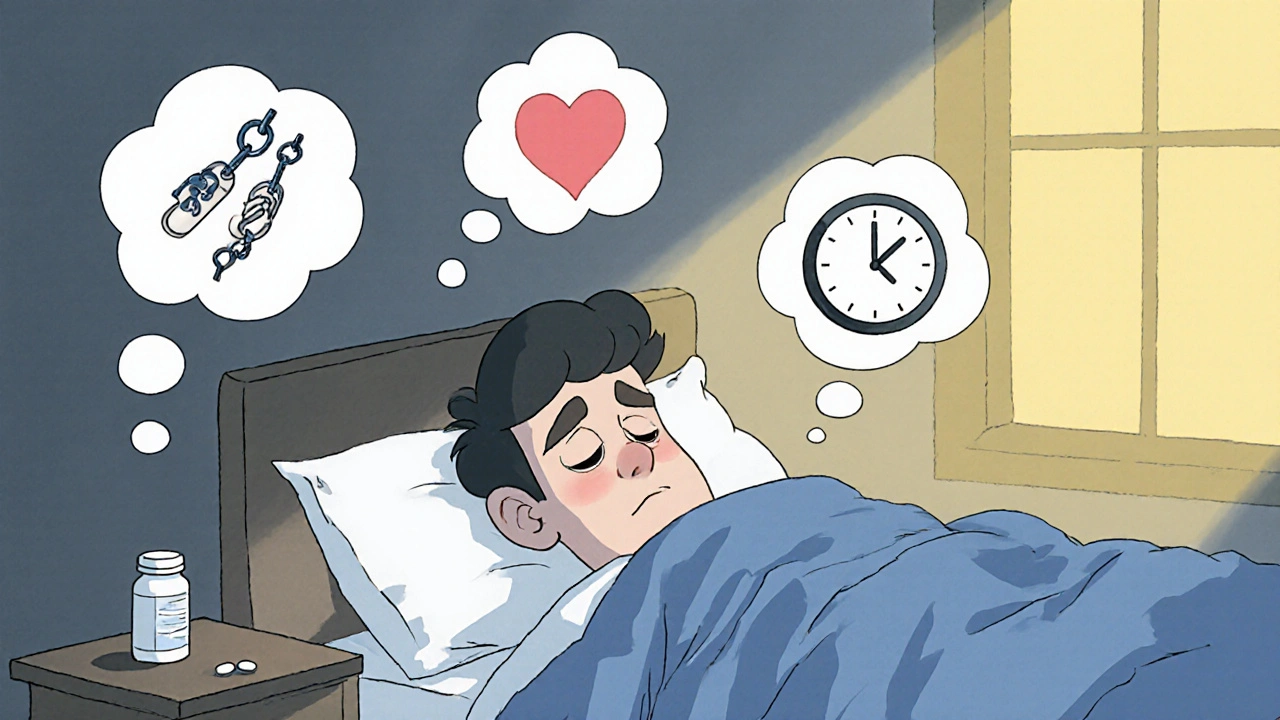
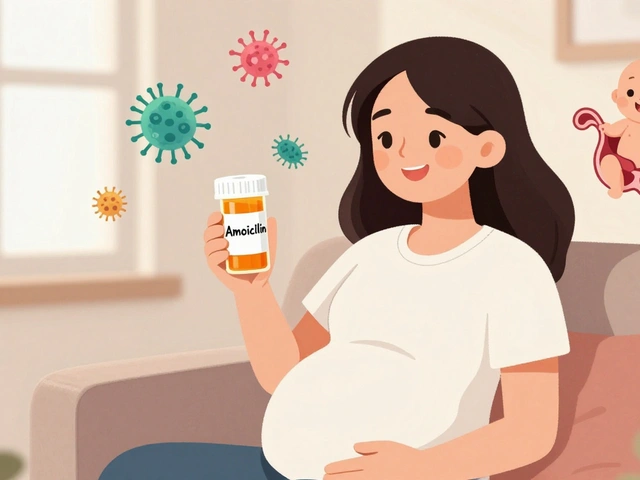
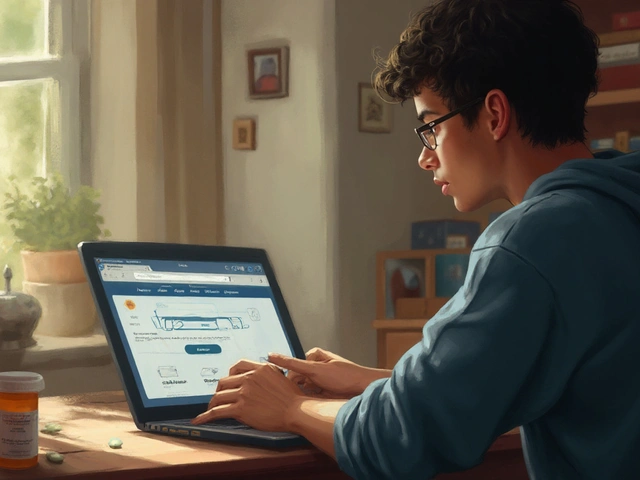


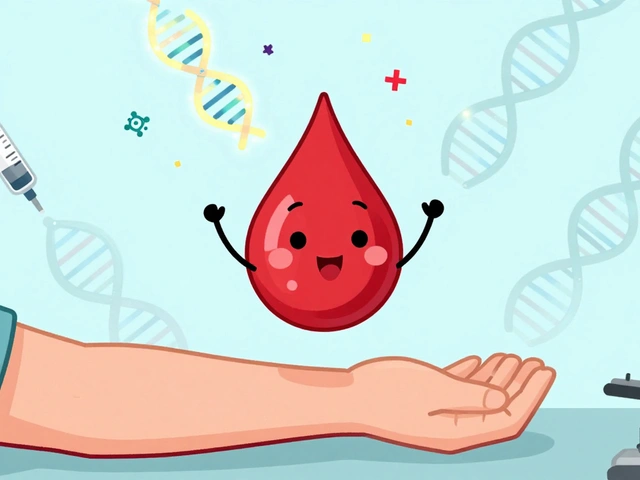
Ross Ruprecht
November 24, 2025 AT 05:21Suresh Ramaiyan
November 25, 2025 AT 22:56Vivian C Martinez
November 27, 2025 AT 17:37Bryson Carroll
November 29, 2025 AT 09:44Suzan Wanjiru
December 1, 2025 AT 07:36Henrik Stacke
December 1, 2025 AT 11:58Javier Rain
December 1, 2025 AT 14:39Laurie Sala
December 3, 2025 AT 04:27Kezia Katherine Lewis
December 3, 2025 AT 04:54Lisa Detanna
December 4, 2025 AT 12:43